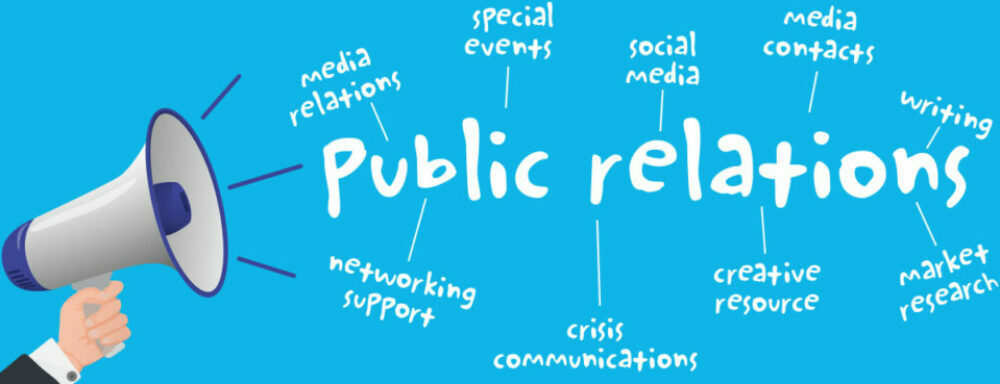Communications Plan for BC Hydro’s CSR Initiative.
Objective:
To effectively communicate BC Hydro’s Corporate Social Responsibility (CSR) program, the focus will be on ecological sustainability, with community involvement, toward growing public knowledge, by building a greater community. The messages conveyed in the plan include BC Hydro’s commitment to reducing its ecological effect through sustainable approaches. Also, the initiative stresses how community collaboration and participation are especially vital toward the direction of reaching shared ecological objectives. BC Hydro hopes to encourage public awareness and help its CSR efforts by each person being educated and aware.
Key Messages:
- BC Hydro is dedicated to ecological sustainability as well as to shrinking its carbon footprints through revolutionary energy answers.
- The project tries to get local communities in British Columbia involved by promoting renewable energy sources and conservation methods.
- BC Hydro fosters transparency with multiple stakeholders and values collaboration for the achievement of certain shared ecological goals.
Target Audience(s):
- British Columbia’s local communities, notably those that BC Hydro’s operations directly affect.
- Many ecological advocacy groups exist like Society Promoting Environmental Conservation (SPEC), along with several NGOs interested in sustainable energy practices.
- BC Hydro’s customers and the overall public who are curious about corporate sustainability initiatives (CSR).
Channels and Tactics:
- Social Media Campaigns: Use multiple platforms such as Facebook, Twitter, and Instagram for the consistent sharing of updates, compelling success stories, and accessible educational content regarding the initiative.
- Community Workshops: Organize workshops and seminars throughout local communities for the education of residents regarding renewable energy and conservation techniques.
- Many Partnerships with Local Schools: Collaborate alongside educational institutions to fully integrate sustainability topics within their curriculum and these topics will promote to increase student involvement throughout multiple ecological projects in the future.
- Distribute press releases through both local and national media outlets: This is to inform the public the achievements BC Hydro has made.
Proposed Evaluation Methods:
- Surveys as well as Feedback Forms: Conduct many surveys amongst community members along with multiple stakeholders to gather applicable feedback regarding the initiative’s overall effect coupled with areas intended for improvement.
- Social Media Analytics: Monitor engagement metrics, along with likes, shares, as well as comments, to assess the thorough reach and effectiveness of online campaigns.
- Participation Rates: The attendance and participation in the community workshops and events can be monitored so as community involvement during these events can be measured.
- Educational Assessments: Collaborate with many local schools to assess how sustainability topics affect student understanding and participation. This can be accomplished through certain questions and particular project evaluations.
- Environmental Impact Studies: Undertake regular assessments so you can measure the true ecological benefits from the project, such as smaller quantities of carbon footprints.
- Stakeholder Interviews: Undertake individual interviews separately from the participants to acquire a better understanding of their perspectives, along with thoughts concerning additional future improvements.
